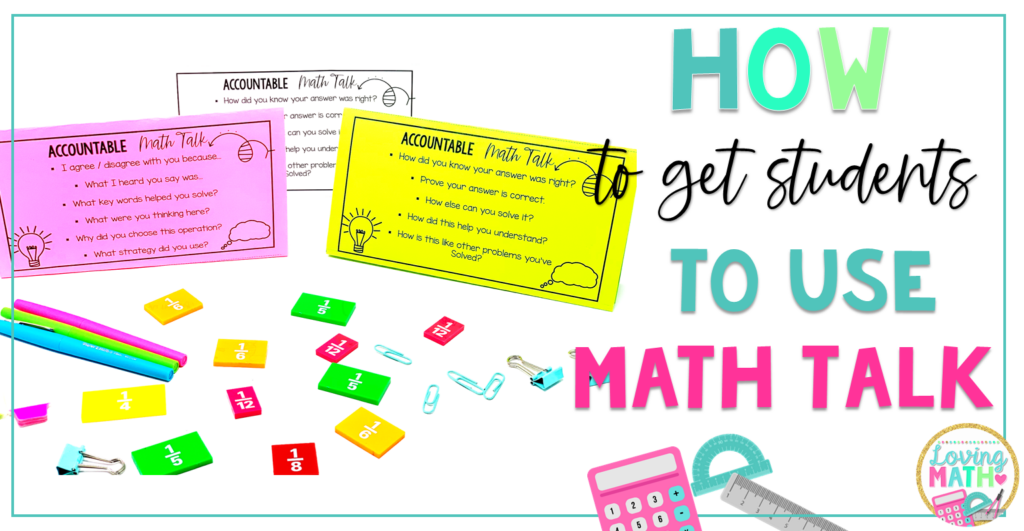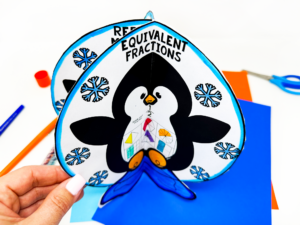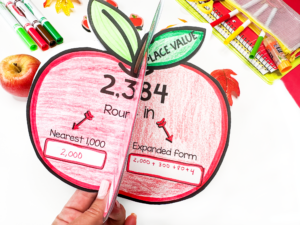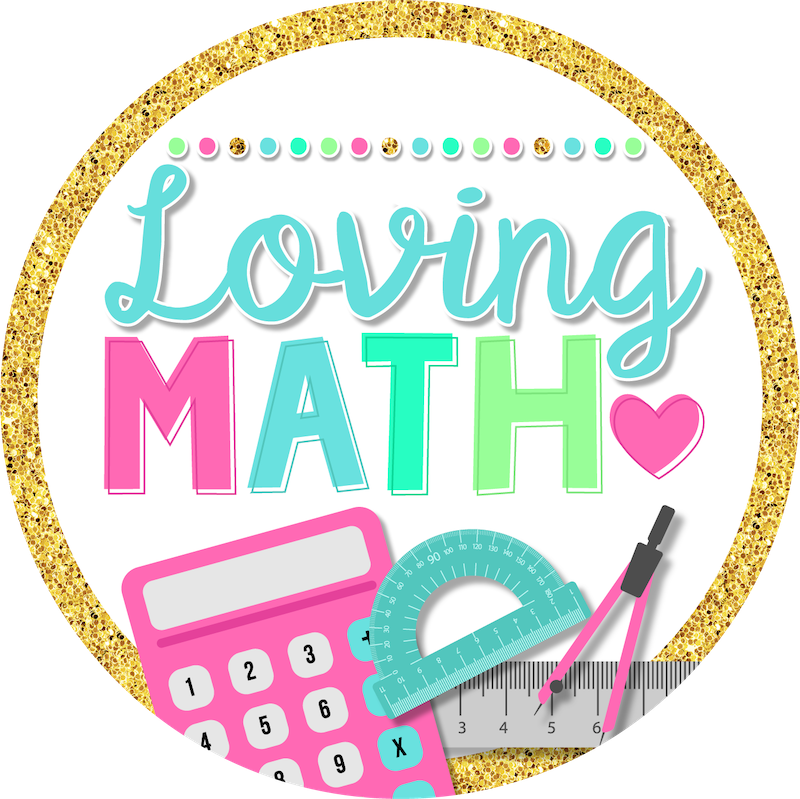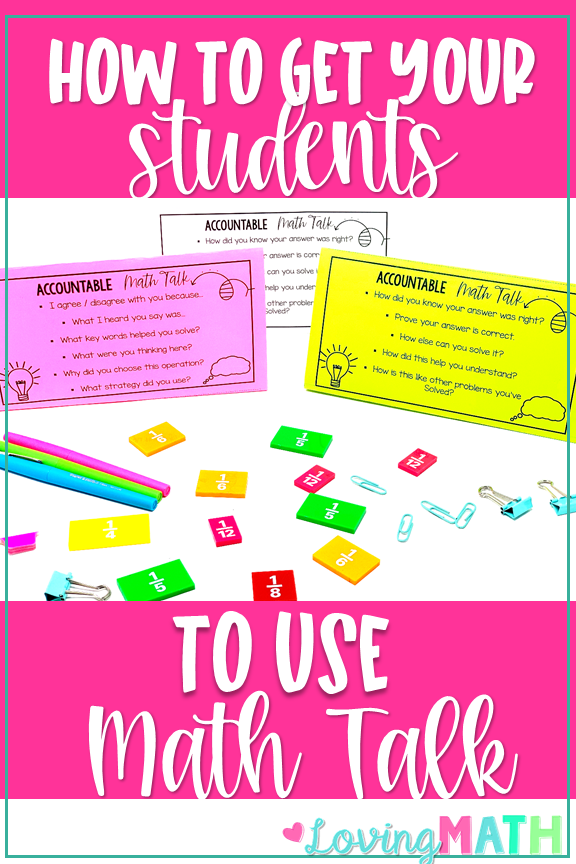
Using Effective Math Talk During Small Groups
Have you ever been to one of those Professional Development sessions where they show a video of students discussing a math topic?
And you look at the teacher friend next to you with that look that says “yeah right, my kids will never be able to communicate like that” or “that’s not a real classroom with kids like mine.”
The truth is those kids in the video were not always like that. They had to be taught to talk to each other that way or ask the types of questions that make teachers’ hearts leap with joy.
But how?
By modeling over and over again, and practicing until you are completely satisfied.
But what exactly is Math Talk?
Why is Math Talk important?
It is so important that math talks are listed as one of the standards for mathematical practice in the Common Core Math Standards. This is what it says:
Construct viable arguments and critique the reasoning of others.
Mathematically proficient students understand and use stated assumptions, definitions, and previously established results in constructing arguments. They make conjectures and build a logical progression of statements to explore the truth of their conjectures. They are able to analyze situations by breaking them into cases, and can recognize and use counterexamples. They justify their conclusions, communicate them to others, and respond to the arguments of others. They reason inductively about data, making plausible arguments that take into account the context from which the data arose.
Mathematically proficient students are also able to compare the effectiveness of two plausible arguments, distinguish correct logic or reasoning from that which is flawed, and—if there is a flaw in an argument—explain what it is.
Questions that promote Mathematical Discourse during Math Talks:
probing questions
- Can you tell us where you got that?
- How did you figure that out?
- What was the first thing your eyes saw, or your brain did?
Connecting questions (help students respond to each other’s thinking)
- Who did it another way?
- What questions do you have for them?
- Do you agree or disagree? Why?
To download these FREE accountable talk table tents, click here
